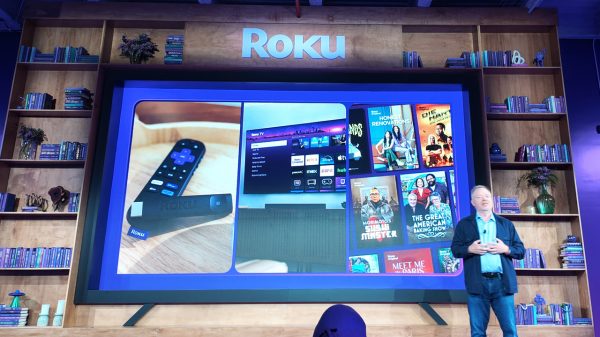Seidenberg Says Cable Franchise Process Delays Entry by Insurgents
WASHINGTON – Verizon Chairman and CEO Ivan Seidenberg today urged Congress to reform the age-old cable franchise approval process that effectively delays consumer choice and price competition in the consumer video market by impeding rapid entry by market insurgents.
Seidenberg said Verizon offers its FiOS TV in portions of seven states, but that the federal law requiring a second franchise from thousands of local authorities to offer competing video service over its network- as well as cable operators’ efforts to block the process – are “the biggest limiting factor to how fast we can offer video over our fiber network.”
“Today’s video franchising laws are out of date with technology, out of touch with consumer demands, and serve mainly to delay competition and deny choice for consumers,” Seidenberg told members of the Senate commerce committee.
“Verizon believes a streamlined, national video franchising process – combined with our willingness to ensure that legitimate local concerns are met – presents a win-win-win for localities, consumers and the marketplace.”
Citing price cuts of 28-42 percent by incumbent cable operators since Verizon began offering FiOS TV in Keller, Texas last year, Seidenberg said, “The key to lowering cable costs is competition: Where there is wireline competition, cable prices are more than 15 percent lower” on average.
He said a new study by the Phoenix Center found that a lack of competition in the consumer video market costs consumers more than $8 billion per year in extra cable costs.
Seeking to “set the record straight” on issues important to local communities, Seidenberg said Verizon is prepared to pay “the same franchise fees cable pays;” will carry public, educational and government (PEG) channels; supports preserving local governments’ authority over rights-of-way; and expects to be subject to federal redlining rules that apply to cable.
“The time for a national, streamlined franchising process is now because the era of broadband video is here,” he said. “Verizon is eager to deliver it to our customers and to tap the full potential of this great, new technology that will empower consumers, transform communities, and encourage innovation and economic growth across America for years to come.”
Seidenberg said the requirement to negotiate video franchises with thousands of local authorities allows cable to “work the process to derail or delay the entry of a competitor;” permits local authorities to place restrictions and requirements and to mandate unrelated contributions; and results in negotiations that can take well over a year to complete. “Taken together, these three facets of the franchising process delay our entry into the market and deny consumers a choice in video services,” he said.























